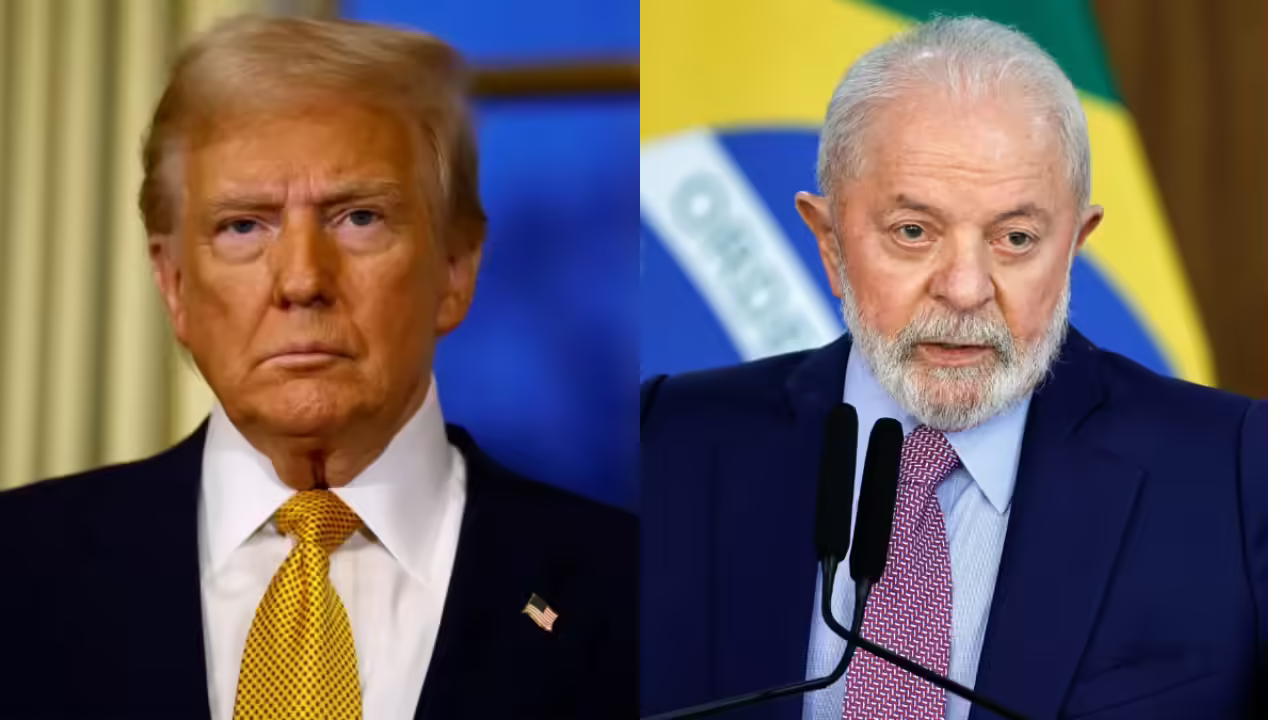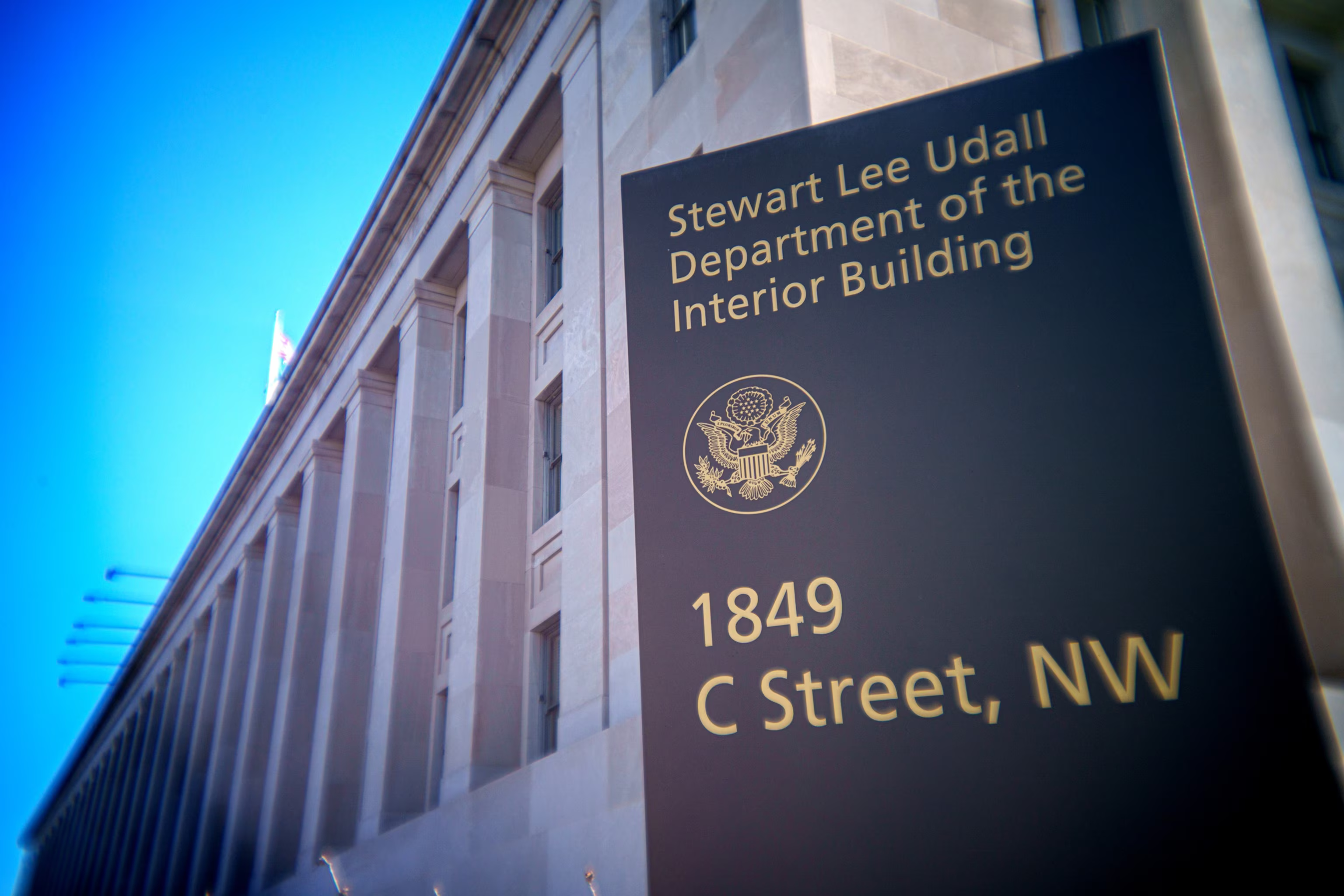The United States has announced a 50% tariff on all Brazilian imports, set to take effect on August 1, 2025. This significant trade measure is expected to have profound economic implications for Brazil, particularly in sectors heavily reliant on exports to the U.S. Industries such as coffee, orange juice, beef, pulp, and aviation are among the most affected.
The Brazilian government has expressed concerns over potential job losses and economic downturns resulting from this decision. For instance, the National Confederation of Industry (CNI) estimates that over 100,000 jobs could be at risk, and the agribusiness sector anticipates a potential halving of export values to the U.S. .
In response, companies are exploring various strategies to mitigate the impact. WEG, a prominent motor manufacturer, is considering utilizing its plants in Mexico and India to supply the U.S. market, thereby circumventing the tariff. Similarly, meat exporter Naturafrig Alimentos has begun redirecting shipments to other countries, and some companies are pursuing legal avenues to challenge the tariff’s imposition.
Diplomatic efforts and political repercussions
The Brazilian government has made concerted efforts to engage in dialogue with the U.S. to resolve the tariff issue. Vice President Geraldo Alckmin has held discussions with U.S. Secretary of Commerce Howard Lutnick, emphasizing Brazil’s willingness to negotiate. However, these efforts have been met with limited response, leading to frustrations within the Brazilian administration. President Luiz Inácio Lula da Silva has criticized the U.S. for ignoring Brazil’s attempts at negotiation, highlighting the lack of substantial communication.
The political context surrounding the tariff is also noteworthy. President Trump has linked the tariff to Brazil’s prosecution of former President Jair Bolsonaro, a close ally of Trump, over coup-related charges. This connection has led to accusations of political retaliation, with President Lula describing the tariff as “unacceptable blackmail”.
Potential retaliatory measures and future outlook
In anticipation of the tariff’s implementation, Brazil is considering reciprocal measures under its new Commercial Reciprocity Law. These potential actions could include imposing tariffs on U.S. goods, targeting intellectual property rights, and adjusting taxation policies for U.S.-based multinational companies operating in Brazil. The Brazilian government has indicated its readiness to respond proportionally to safeguard its economic interests .
Looking ahead, the situation remains fluid. The Brazilian administration continues to seek diplomatic solutions while preparing for possible economic repercussions. The unfolding developments will likely influence future trade relations between Brazil and the United States, with broader implications for international commerce and geopolitical dynamics.
Contact us today through our WhatsApp to discover how we can help you achieve success in the United States. Together, we can turn dreams into reality.
Information source: valor.globo.com | cnnbrasil.com.br | g1.globo.com | bbc.com | gov.br | pt.euronews.com



